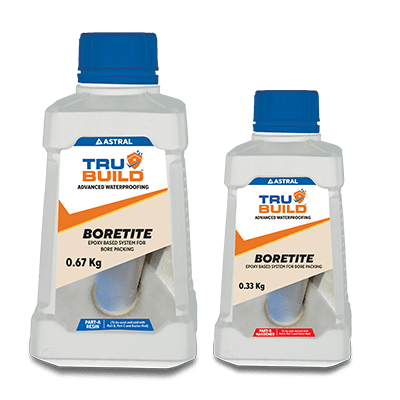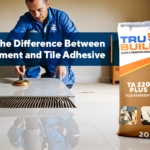Cement-Based Waterproofing: What It Is & Why It Matters
Dec 21, 2023
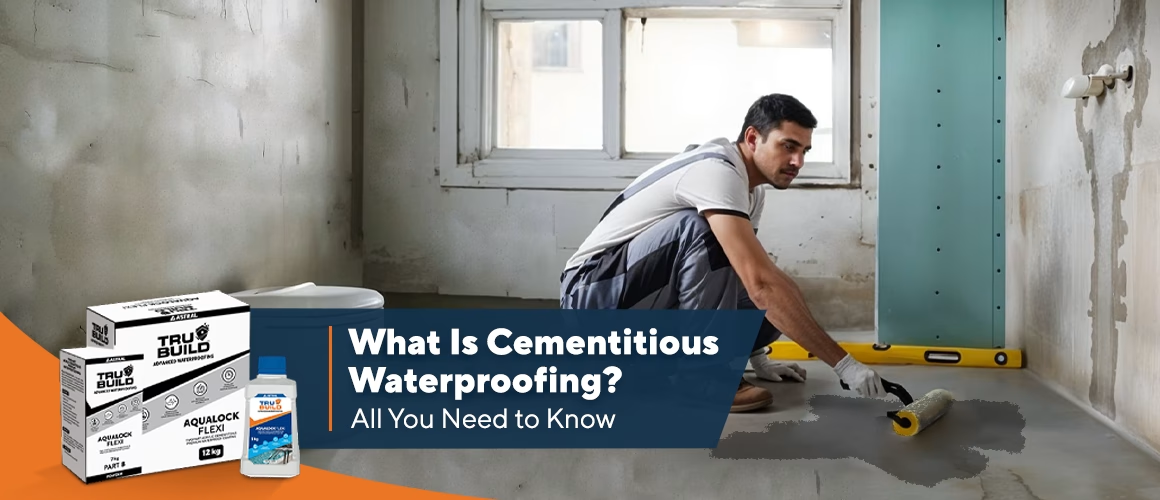
Water damage is one of the most common yet preventable threats to buildings and infrastructure. Prolonged exposure to moisture can lead to structural deterioration, cracks, and the growth of mould, compromising safety and appearance. To combat these issues, waterproofing solutions are important for safeguarding concrete and masonry surfaces.
Cementitious waterproofing stands out as a reliable and effective method. It offers lasting protection against water infiltration and ensures the durability of structures exposed to moisture and hydrostatic pressure.
Understanding Cementitious Waterproofing
Cementitious waterproofing is a method that involves applying a specialised cementitious coating to surfaces to create a waterproof barrier. The coating is made from a mixture of cement-based materials and polymers, which when applied, forms a solid, durable, and seamless layer that protects against water infiltration. This method is particularly effective for concrete and masonry surfaces, as it adheres well and enhances their resistance to moisture and chemicals.
This waterproofing method is commonly used for structures exposed to high moisture or water pressure. Areas like basements, roofs, swimming pools, and water tank waterproofing benefit from its application greatly. Its versatility and ease of application make it a preferred choice for residential and commercial projects.
Key Advantages of Cementitious Coating
- Strong Adhesion: A cementitious coating bonds seamlessly with concrete, ensuring robust and long-lasting protection.
- Ease of Application: The process is straightforward, requiring minimal specialised equipment.
- Resistance to Hydrostatic Pressure: Cementitious waterproofing is highly effective in resisting water pressure, making it suitable for the positive and negative sides of structures.
- Durability: It provides a tough and wear-resistant surface that can withstand harsh environmental conditions, including UV exposure.
- Versatility: Whether it is used for basements, balconies, or swimming pools, this method is adaptable to various structural needs.
Applications of Cementitious Waterproofing
This waterproofing method is ideal for a wide range of surfaces and structures, including:
- Basements and Foundations: Protects against groundwater seepage.
- Bathrooms and Kitchens: Shields against water damage in wet areas.
- Roofs and Terraces: Provides long-term protection against rainwater infiltration.
- Swimming Pools and Water Tanks: Ensures a leak-free solution for water-retaining structures.
- Parking Decks and Balconies: Guards against wear and tear caused by moisture and traffic.
Why Choose Cementitious Waterproofing?
Cementitious waterproofing is a cost-effective and efficient solution that offers unparalleled protection for concrete and masonry surfaces. Its ability to resist hydrostatic pressure and prevent efflorescence makes it particularly valuable for structures prone to water exposure. Moreover, it is non-toxic and environmentally friendly, which makes it a sustainable choice for modern construction.
Choose a Flexible and Reliable Cementitious Coatings for Waterproofing Needs
For superior results, consider using Trubuild Aqualock Flexi, a two-component, elastomeric cementitious waterproofing membrane. Specially designed for concrete and masonry surfaces, it forms a flexible and seamless waterproof barrier with high resistance to hydrostatic pressure. This versatile product can be applied to areas like concrete roofs, bathrooms, swimming pools, and water tank waterproofing projects.
By investing in quality waterproofing products like Trubuild Aqualock Flexi, you can ensure the long-term safety and durability of your structures.


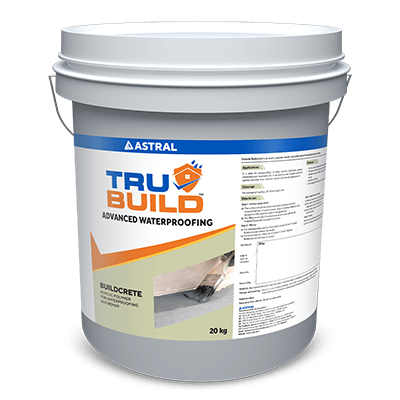
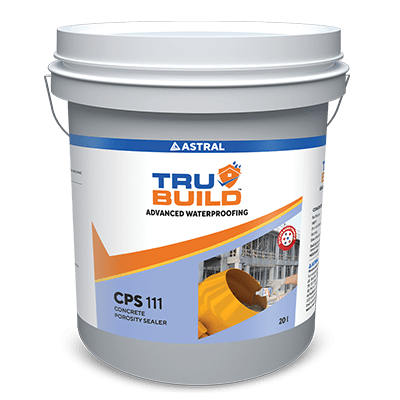
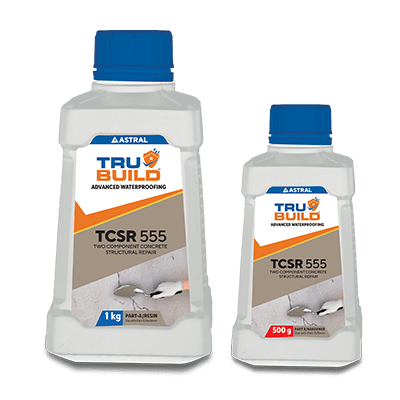


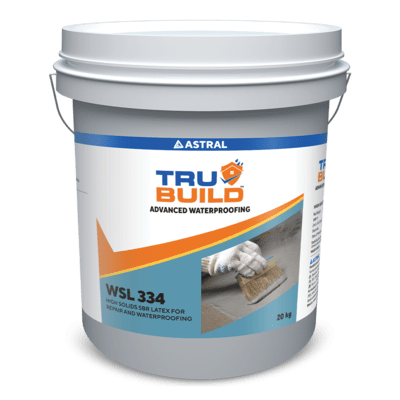
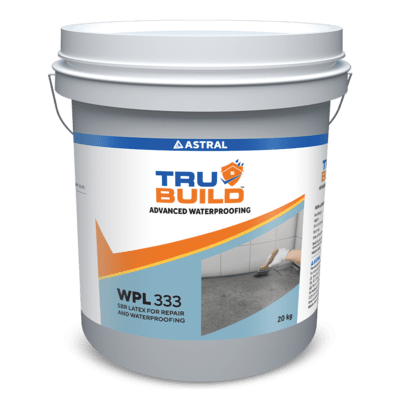
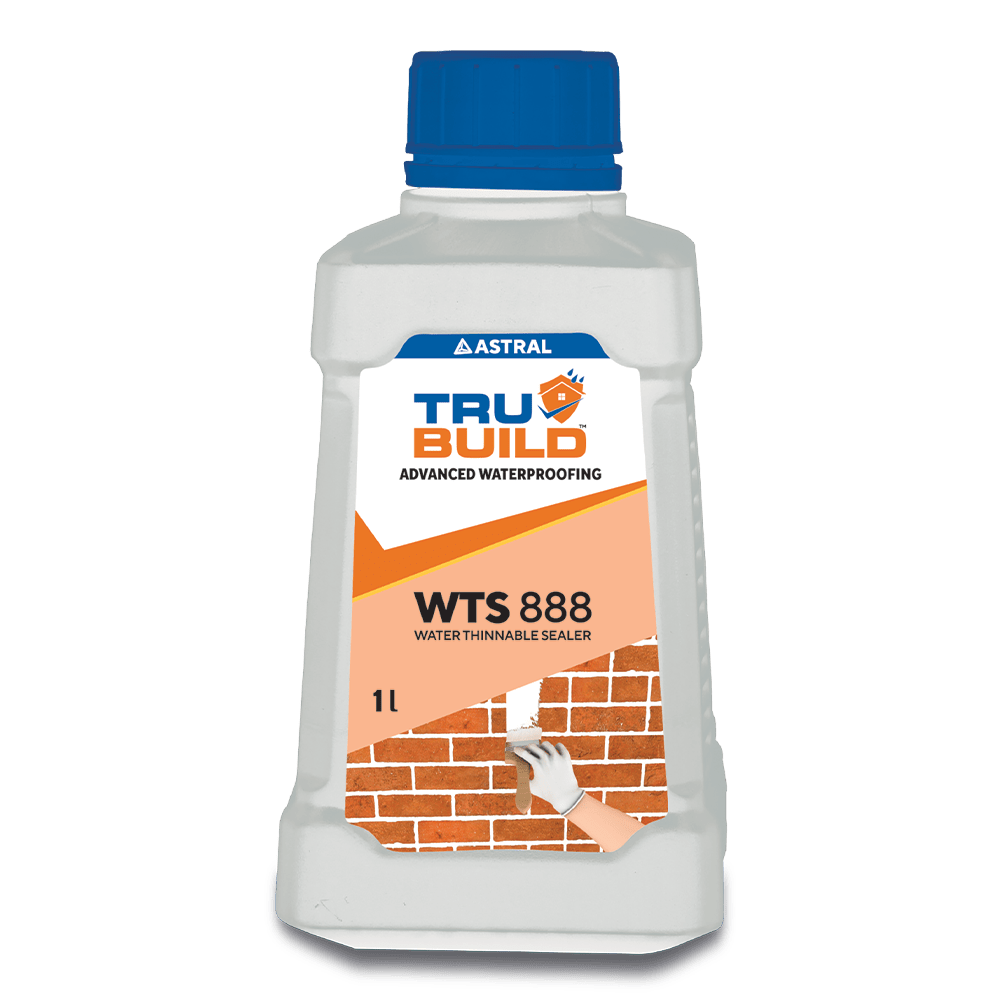



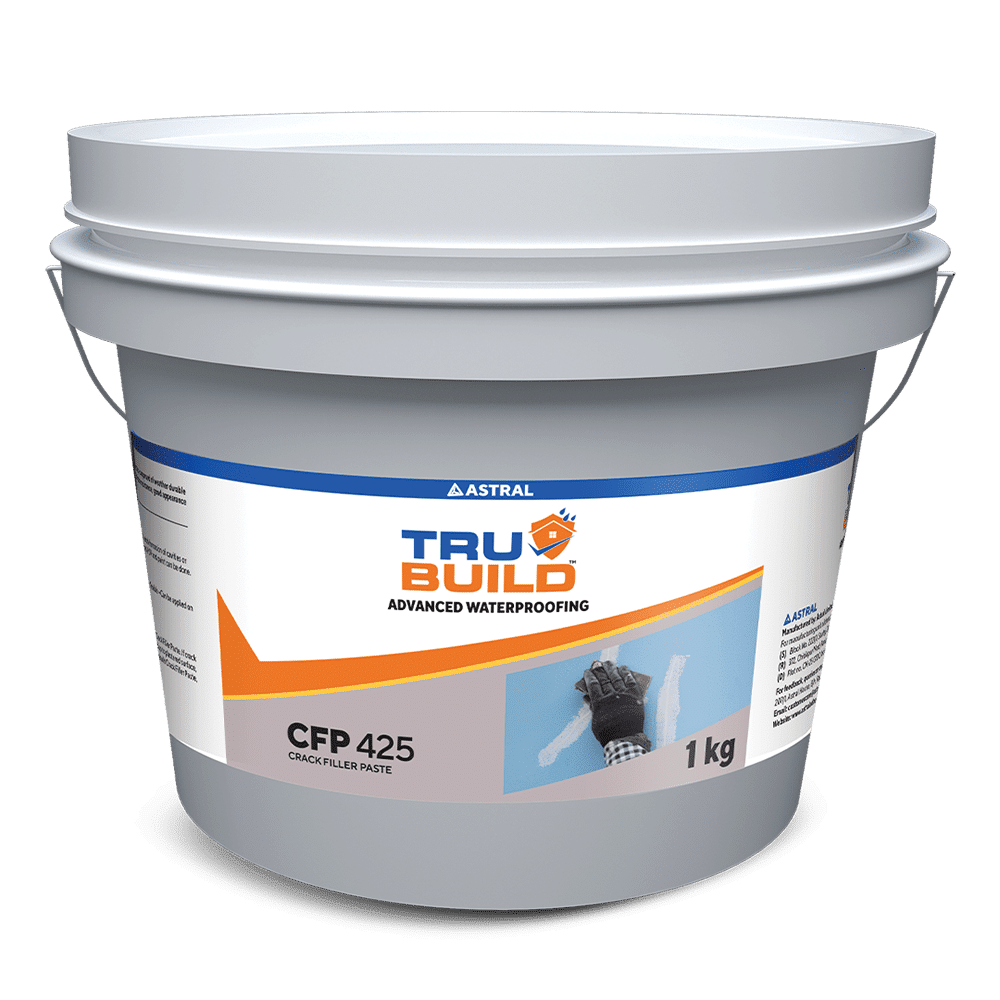




 Professional Sealants
Professional Sealants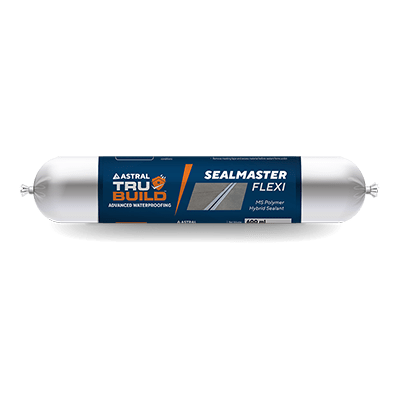
 Roof Waterproofing
Roof Waterproofing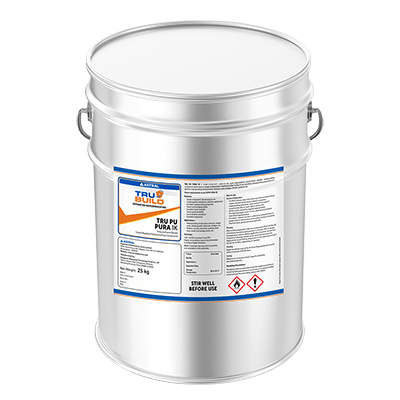
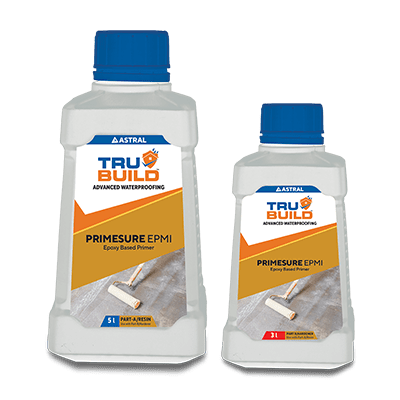



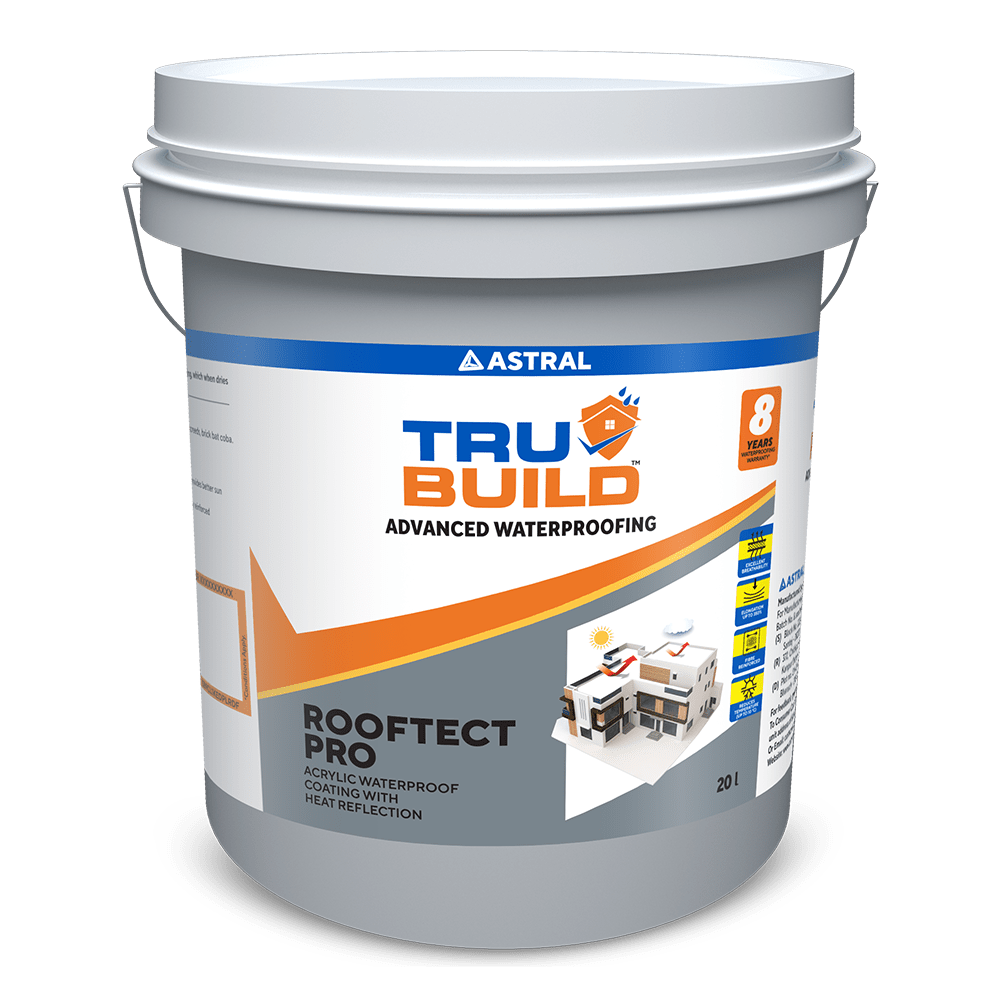
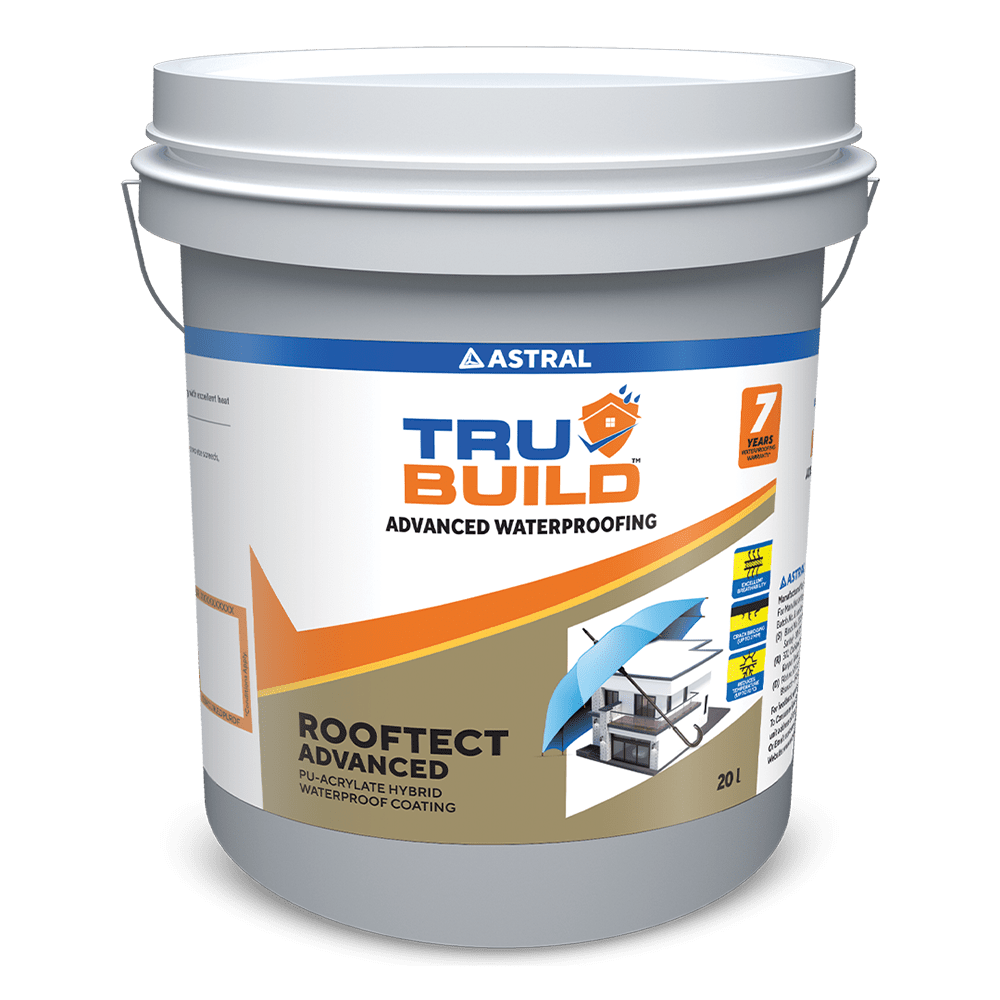
 Substructure Waterproofing
Substructure Waterproofing Tiling and Grouting
Tiling and Grouting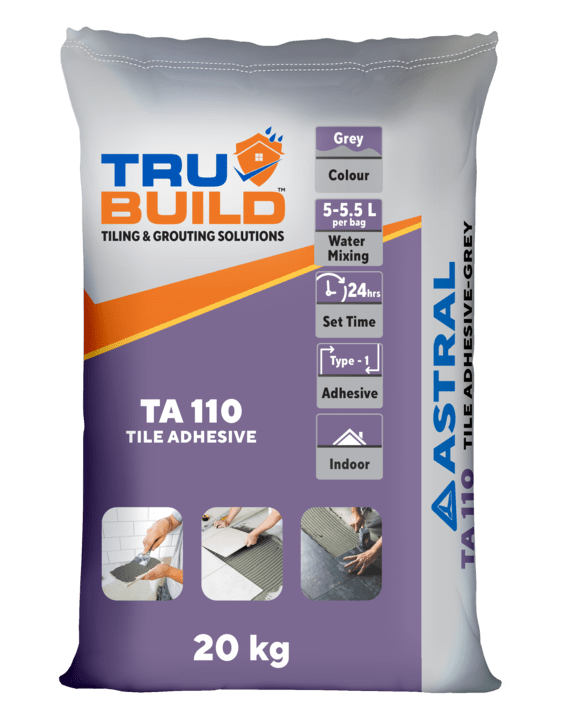
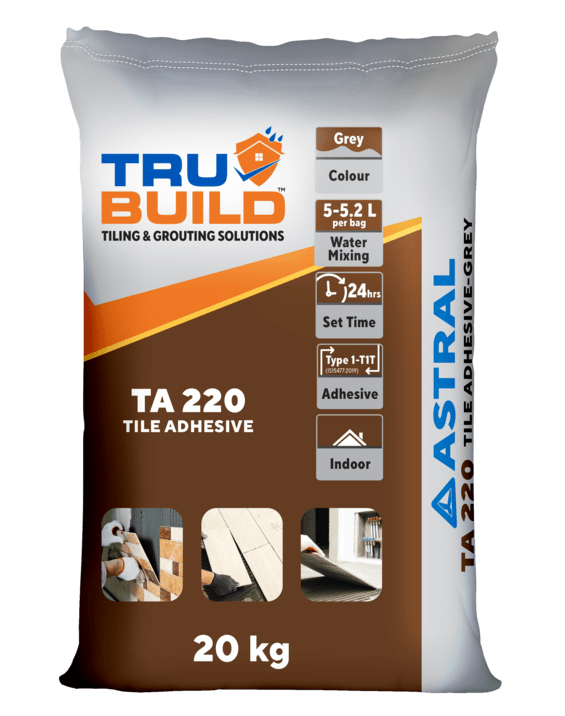
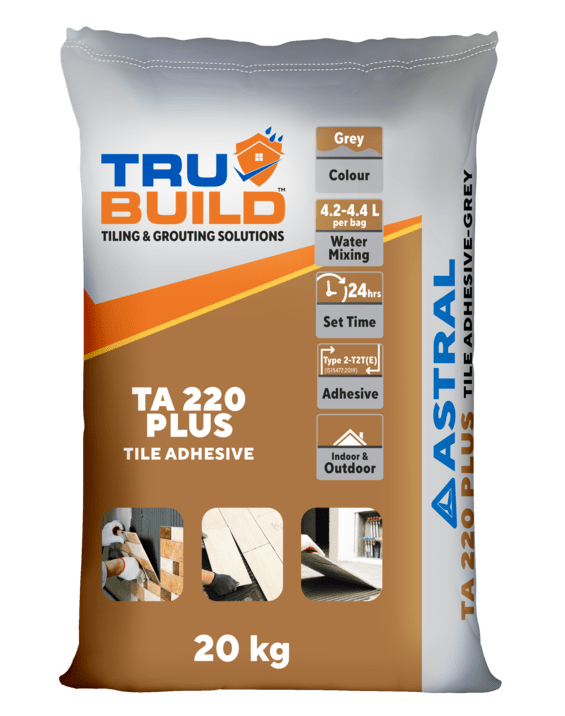
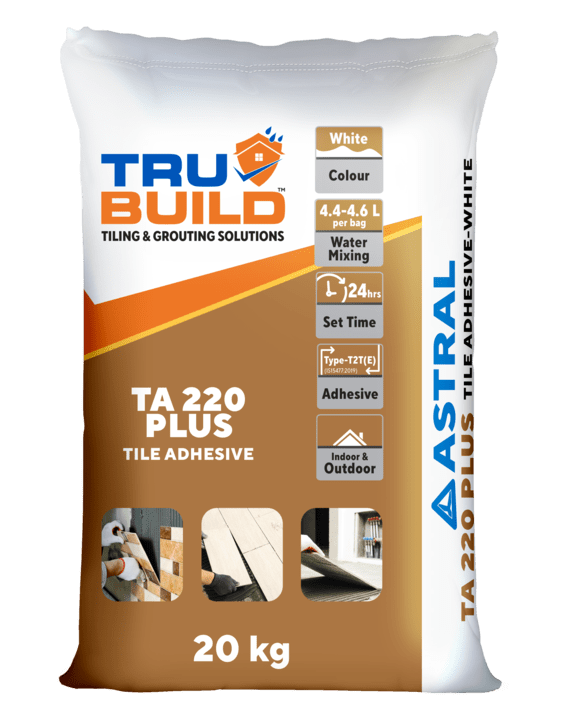
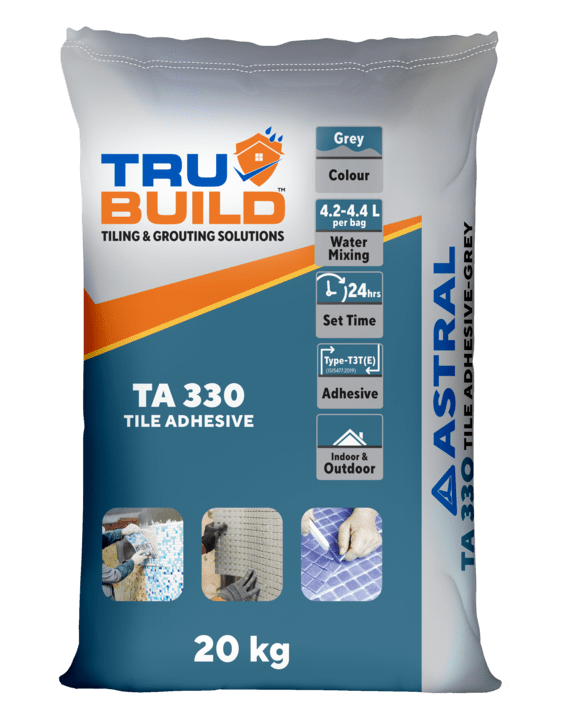
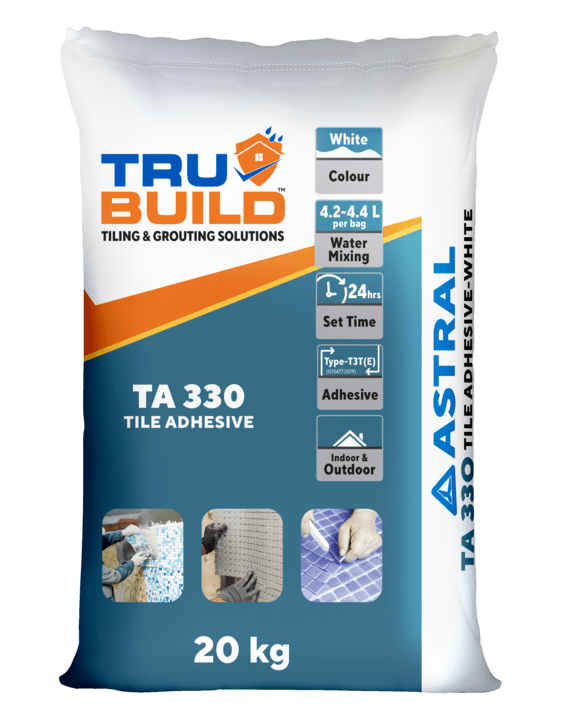
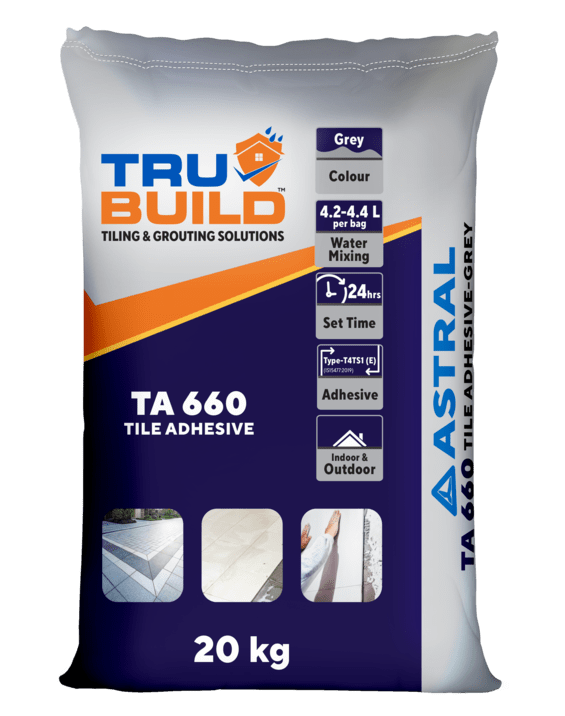
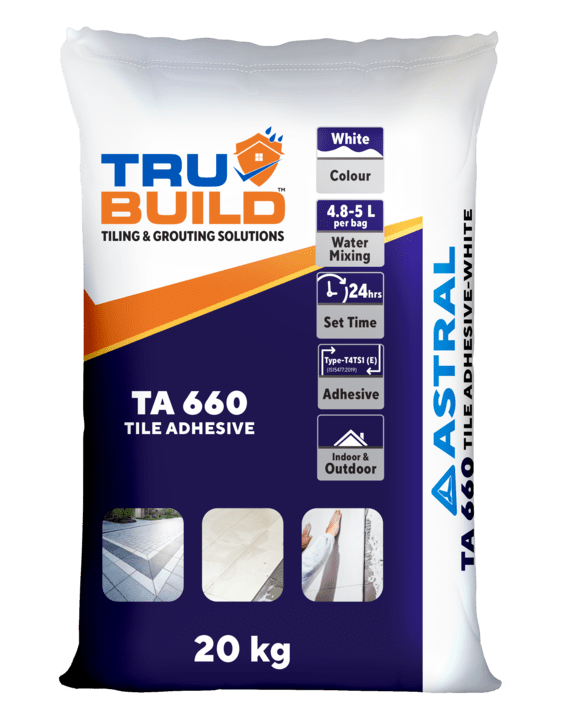


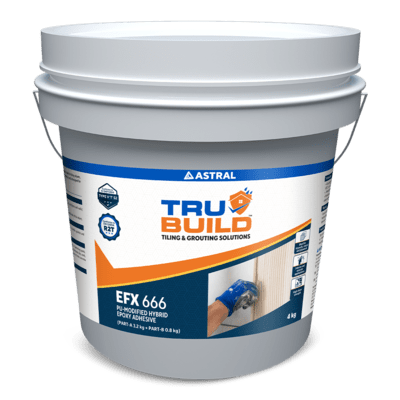
 Water Tanks and Other Areas
Water Tanks and Other Areas